- Your cart is empty
- Continue Shopping

Product
Description: Capecite is a medication available in the form of tablets containing 500 mg of the active ingredient, capecitabine. Capecitabine is an oral chemotherapy drug that is used in the treatment of certain types of cancer, particularly colorectal and breast cancers.
Composition: Each Capecite tablet contains 500 mg of capecitabine as the active ingredient. Inactive ingredients may include fillers, binders, and coatings to facilitate the tablet’s manufacturing and improve its stability.
Uses: Capecite is primarily used in the treatment of colorectal cancer and breast cancer. It is classified as an antimetabolite, working by interfering with the growth of cancer cells and eventually leading to their destruction.
How to Use: Capecite tablets are taken orally with water, usually within 30 minutes after a meal. The dosage and treatment schedule are determined by the prescribing healthcare professional based on the specific cancer type, stage, and individual patient factors. It is crucial to follow the prescribed instructions carefully.
Dosage: The dosage of Capecite varies based on the patient’s overall health, the type of cancer being treated, and other factors. It is important to adhere to the prescribed dosage and not self-adjust without consulting a healthcare provider.
Storage Conditions: Capecite tablets should be stored at room temperature, away from moisture and heat. Keep the medication out of reach of children and pets. Ensure that the packaging is intact before use.
Mechanism of Action: Capecitabine is converted into 5-fluorouracil (5-FU) in the body. 5-FU interferes with the synthesis of DNA, preventing the growth of cancer cells. It acts as an antimetabolite and is particularly effective against rapidly dividing cells.
Precautions:
- Capecite should only be used under the supervision of a qualified healthcare professional.
- Patients with a history of severe liver or kidney problems may require dosage adjustments or additional monitoring.
- Capecite may cause hand-foot syndrome, so taking measures to prevent and manage this side effect is important.
Contraindications: Capecite is contraindicated in patients with a known hypersensitivity to capecitabine or any of its components. Pregnant and breastfeeding women should consult their healthcare provider before using this medication.
Interactions: Capecite may interact with certain medications, including blood thinners, phenytoin, and warfarin. Inform your healthcare provider about all the medications you are taking to prevent potential interactions.
Overdose: In case of an overdose, seek immediate medical attention. Symptoms of overdose may include severe nausea, vomiting, diarrhea, and increased risk of side effects.
Side Effects: Common side effects of Capecite may include nausea, vomiting, diarrhea, hand-foot syndrome, fatigue, and decreased appetite. Notify your healthcare provider if these side effects persist or worsen. Serious side effects, such as severe skin reactions or changes in blood cell counts, should be reported immediately.
It is essential to consult with a healthcare professional for personalized advice, as individual responses to medications can vary.


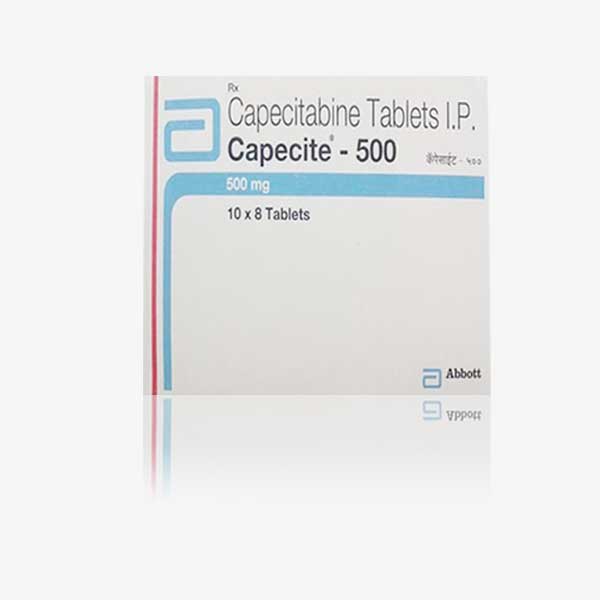
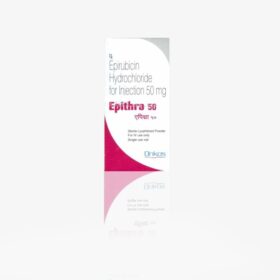
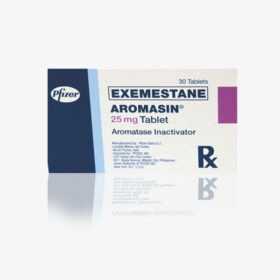
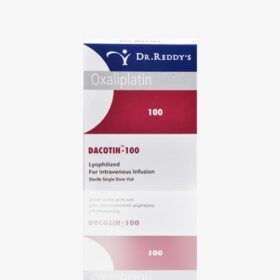
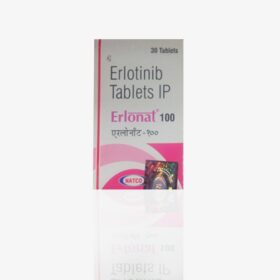
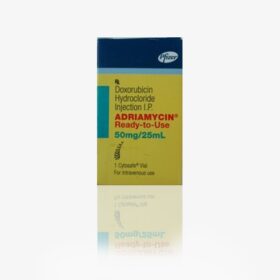
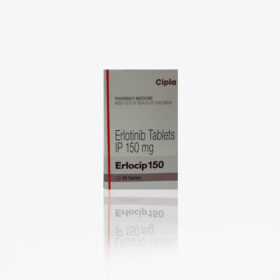

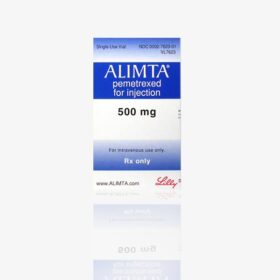



Reviews
There are no reviews yet.